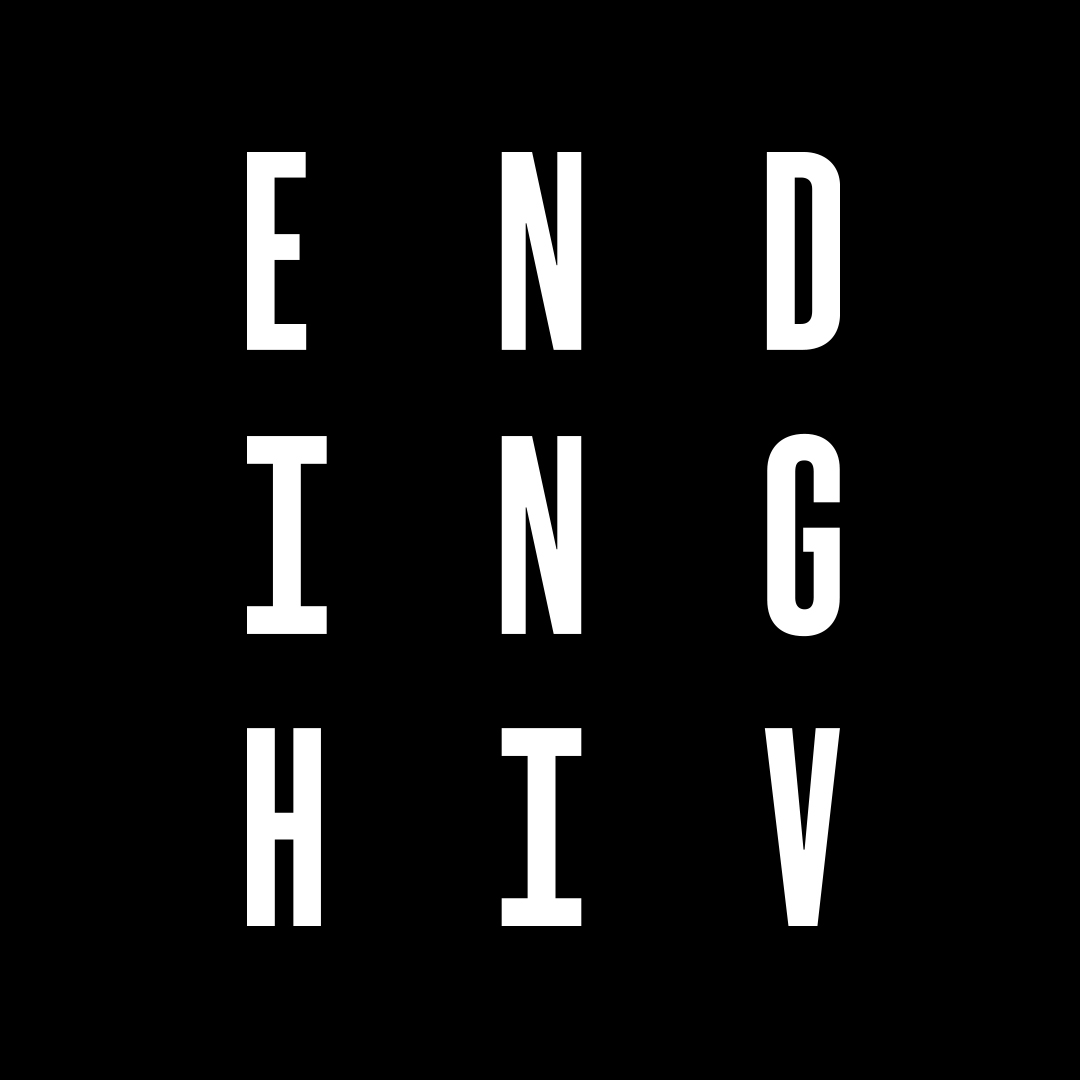4 ways to be an ally for people living with HIV
Whether it’s a friend, future lover or family member, people living with HIV are part of the fabric of our communities, and it’s our job to welcome them and be their allies.
HIV stigma remains a real issue that affects the lives of all at risk of HIV, especially those living with it. So, when a person chooses to disclose their status to you, that’s a big deal! The best way you can honour that decision is to learn about HIV and be supportive.
How to be an ally for people living with HIV
To help prepare you, we’ve assembled some simple ways you can be a better ally for people living with HIV and stop stigma in its tracks.
1. Learn about what it means to be HIV-positive today
For those with access to modern treatment, HIV is no longer a life-ending illness.
In the early days of HIV treatment, the burden of large numbers of pills and nasty side effects would follow those living with HIV, however today it’s changed. Some guys only need to take a single tablet a day or can opt for a once-every-two-months injectable treatment.
The science behind HIV treatments has been improving, we now have an overwhelming body of evidence pointing to the fact that when a person living with HIV has reduced their viral load to an undetectable level, they are unable to transmit HIV to their partners.
This concept, known broadly as ‘Undetectable = Untransmittable’ has been a game changer. It proves that people living with HIV with an undetectable viral load are not a risk for HIV transmission, and have an active role to play in preventing HIV transmission within the community.
2. If a person discloses their HIV status, show empathy
When a person decides to disclose their HIV status to you, listen to them with empathy.
Some of us may be tempted to take it personally, as though they were withholding information and something like “Why didn’t you tell me sooner?” can slip out.
HIV stigma and rejection are so often the responses people living with HIV are met with following a disclosure, especially in the dating scene. Consider how it might feel to be shut down before you’ve had the chance to get to know someone.
After someone shares their positive status, you might say something like “Thanks for sharing that with me. I appreciate your honesty and courage.”
Of course, if this is the first time you’ve been in this situation, give yourself some time to process this. You don’t need to know exactly what to say, but you can be supportive simply by listening to your partner and remembering the science behind U=U.
In a dating scenario, don’t block or ghost a person because they disclosed their status. Disclosing an HIV status is an act of respect. If you are not ready or comfortable, find a kind way to say so.
3. Respect the privacy of the person who discloses their HIV status
Whether it’s a friend, partner or other loved one, always respect their decision to disclose to you. To be told something so private is a serious decision, and it’s one where they’ve chosen to let you into their lives. Don’t share it with anyone unless they tell you otherwise, it’s as simple as that.
4. Call out conversations or jokes that stigmatise people living with HIV
As gay and bisexual men, we’re no strangers to the touch of stigma. Whispered conversations that suddenly end when we draw close, unwanted staring and pointing, or explicit acts like being called homophobic slurs are all ways we’ve felt unwarranted judgment from others.
Knowing the impact this stigma can have, it should be a priority for all of us to make sure we’re not doing the same to our HIV-positive peers. If you witness a conversation that includes a joke or comment that disparages people living with HIV, stand up and let them know that it’s not OK.
Many of us may have seen “clean only” written on dating profiles, and when you put yourself in the place of a person living with HIV, it’s clear that it would make a person feel terrible. There’s nothing dirty about a person’s HIV status, and using this language only creates stigma and shame. If you see it used in someone’s bio and you feel safe to do so, let them know why we shouldn’t be using this language.
Instead, let’s be proactive in sharing with our future partners how we intend to keep each other safe, it could be as simple as adding “PrEP, U=U or condoms” in your bio, or what safe sex methods you want to use with your partners.
If you found this article helpful, you can read even more tips by checking out ACON and Positive Life NSW’s It’s Time to Think Positive About HIV – A Practical Guide to Being a Better HIV Ally guide.
